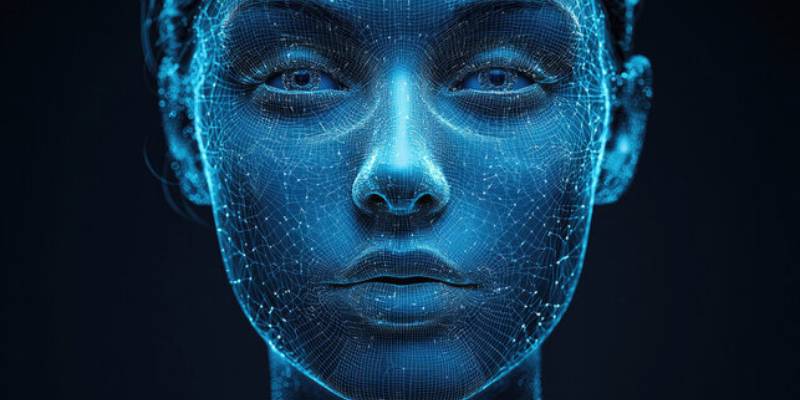It was bound to happen. The moment when the human face — our truest instrument of storytelling — became just another dataset for machines to play with.
The British actors’ union, Equity, has had enough. The group is threatening mass direct action against companies that use performers’ images, voices, and likenesses to train or generate AI content without consent, as detailed in a recent report from The Guardian.
There’s a growing storm brewing across creative industries. Equity’s move feels like a rallying cry, not just for performers, but for anyone who’s watched their face or voice quietly lifted into some algorithm’s endless training set.
The union plans to issue formal data access requests to tech and entertainment firms — a bold attempt to trace where all this “digital DNA” is really going. Who owns your face in the age of machine imagination?
And honestly, can you blame them? In Hollywood, similar tensions boiled over during last year’s SAG-AFTRA strikes, where actors demanded protection against AI replicas of their performances.
Studios promised guardrails, but the technology keeps galloping ahead. The fear is real — that one day, the industry won’t need extras, stand-ins, or even voice actors.
It’ll just need enough training data. Reports like this piece from the BBC underline that AI replication has already outpaced regulation.
Meanwhile, governments are scrambling to catch up. California just passed a series of AI transparency laws, pushing for content origin metadata and watermarking to flag synthetic media, as covered in The San Francisco Chronicle.
India, too, is exploring mandatory AI content labeling — a move that could force social platforms and production studios to come clean about what’s human and what’s machine-made, according to The Economic Times.
But even as policymakers debate, the market isn’t waiting. AI firms are already building tools that can generate ultra-realistic “digital doubles” — full-body scans that mimic an actor’s movement, tone, and micro-expressions.
It sounds like sci-fi, but it’s happening now. A recent Axios report even warned that these AI video systems have become a playground for scammers and impersonators, stripping away watermarks meant to ensure authenticity.
All this leaves us asking: where does performance end and simulation begin?
Some actors have joked about wanting “AI stunt doubles,” but behind the humor sits something raw — a fear of erasure. And Equity’s message is clear: we’re not just datasets.
Personally, I think this battle is bigger than contracts or royalties.
It’s about creative integrity — the right to control your own likeness, to decide when and where it’s used. That’s something no algorithm should own.
For now, the industry watches as Equity sharpens its stance. Will tech firms cooperate, or will this fight spill into the courts and onto the streets?
One thing’s certain — this isn’t just a labour dispute. It’s the start of a reckoning between the human spirit and the digital ghost it’s accidentally created.

